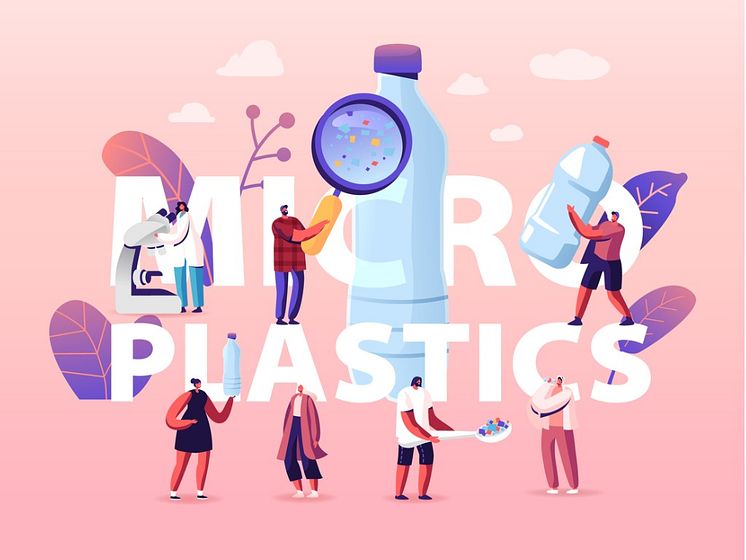
Is the tide ebbing on removing single use plastics?
Years of effort to turn the tide on single-use plastics pollution of our planet appear to be under threat due to Covid-19.
As the Covid pestilence continues its onslaught on humankind, a consequence is a new plague following in its wake with vast amounts of plastic personal protection equipment from surgical masks to latex gloves now turning up as marine debris in our oceans.
At the same time, several governments in Europe, and elsewhere, have put on hold their initiatives to limit the use of throwaway plastic bags, straws, and disposable containers.
Multiple studies show that plastic particle are now so widespread in nature – in the air we breathe, the food we eat, and the water we drink – that they are entering the human system from every possible source, from toothpaste to pasta to drinking water from the tap and supermarket bottles.
A recent WWF study implemented by researchers at the University of Newcastle, Australia, suggested that 'an average person could be ingesting approximately 5 grams of plastic every week' – which is the equivalent of a credit card's worth of microplastics.
A couple of years ago, tests carried out by the US lobbying organization Orb Media on several leading bottled water brands revealed most contained tiny particles of plastic.
Single-use plastic bottles bear much of the blame for plastics pollution of our natural environments on land and sea, with most of the one million plastic bottles produced every minute ending up in the environment, landfill sites, or world's oceans, taking at least 450 years to fully degrade.
An investigation by the Environmental Work Group EWG, an American activist group that specializes in healthy living research and advocacy, has found that PET plastics – the kind used to make plastic water bottles and marked with a "1" on the bottom – can contain dozens of chemical additives, manufacturing impurities, and breakdown byproducts.
A 2019 report commissioned by Bluewater underlined why humankind cannot afford to lose sight of the consequences of plastics pollution as it battles the Covid-19 pandemic. In the report, one of the world's leading specialists on hormones describes microplastic pollution as 'the number one threat to humankind' because of how it affects blood pressure, fertility, and immune systems and possibly sparks multiple diseases such as cancer.
Because of the plastics pollution, Bluewater has put ending the need for single-use plastic bottles at the very core of its business mission with a focus on developing water purification and dispensing alternatives that can replace plastic water bottles. That approach has already created a powerful platform enabling sports and other organizations to tangibly turn the tide on plastics.
One example is The Open golf tournament, one of the world's foremost golfing events. In July 2019, The Open became probably the first major global sporting event to successfully end the sale of single-use plastic water bottles in a move supported by the UN.
The Open R & A organizing body teamed up with Bluewater to deliver a pioneering new approach to supplying drinking water purified and dispensed at source at a major event by using water refilling stations and reusable stainless steel bottles to provide pure freshwater directly to fans, players, staff and officials. The result saw 61,500 liters of chilled local water dispensed at The 148th Open, removing the need for 123,000 single-use plastic water bottles.
The Open success story blazed a purposeful message of the critical role world-class sporting organizations can play when it comes to leaving a cleaner planet for future generations by ending the need for single-use plastic bottles and polluting transportation.
Once the world starts getting back to normal, our hope at Bluewater is that the sports community can continue to leverage its robust platform to influence how people think about drinking water and their own individual impact on the environment.